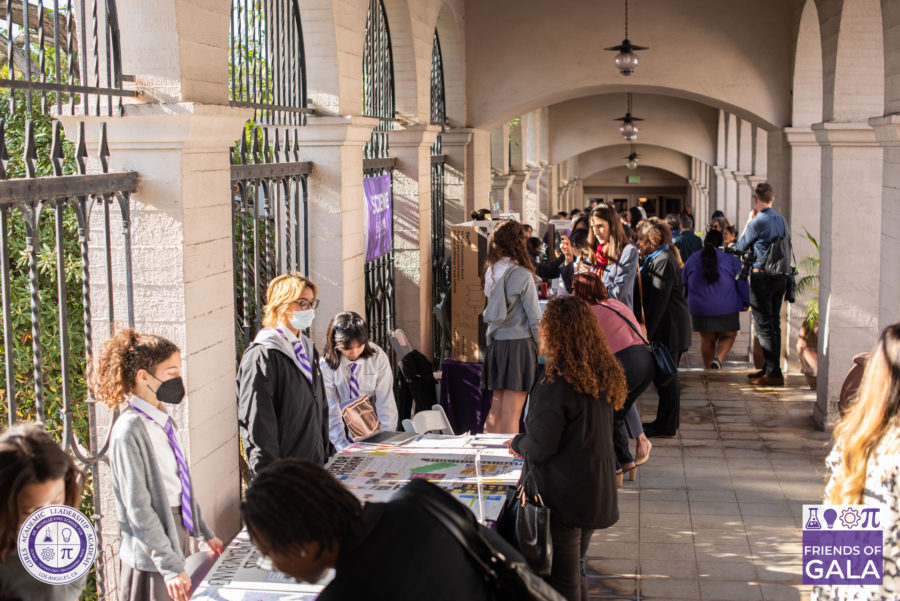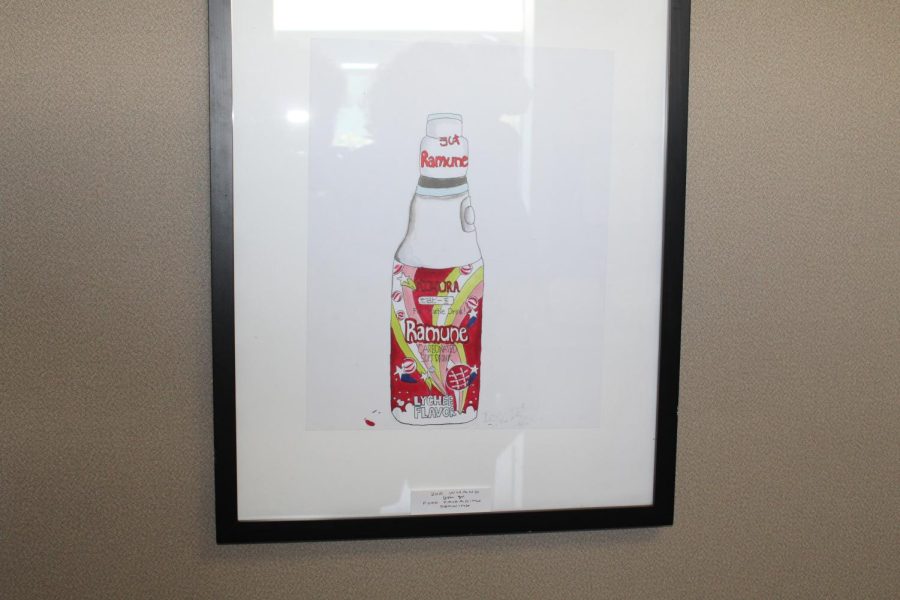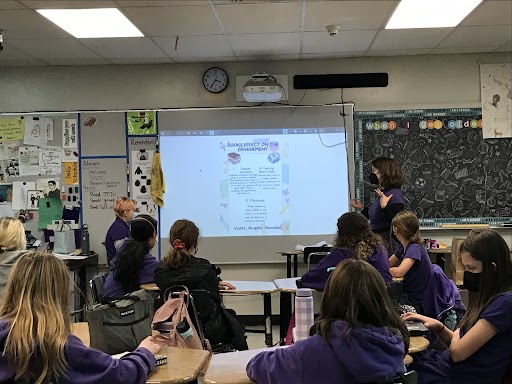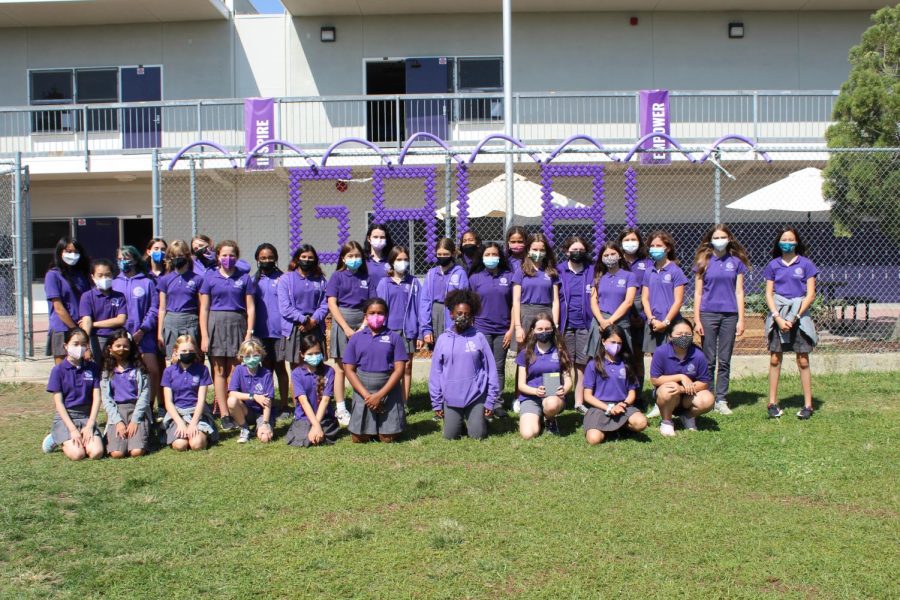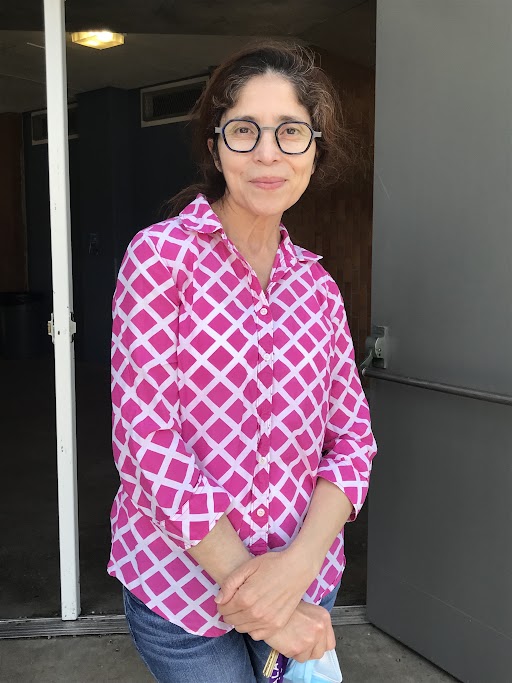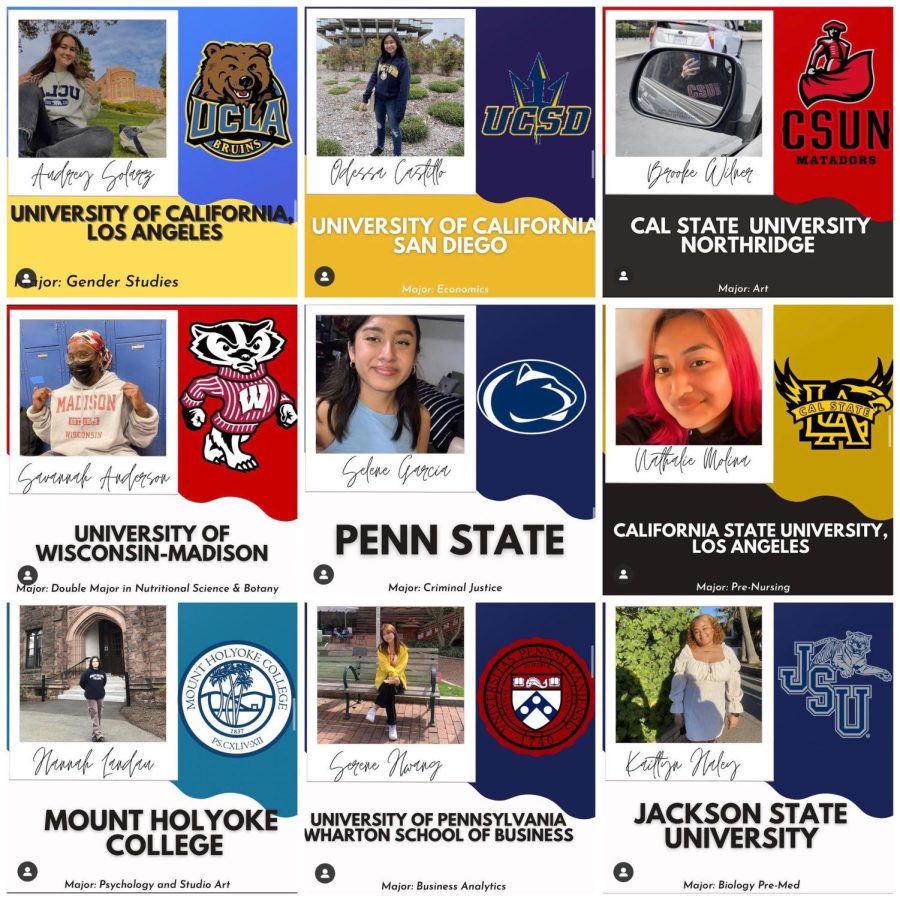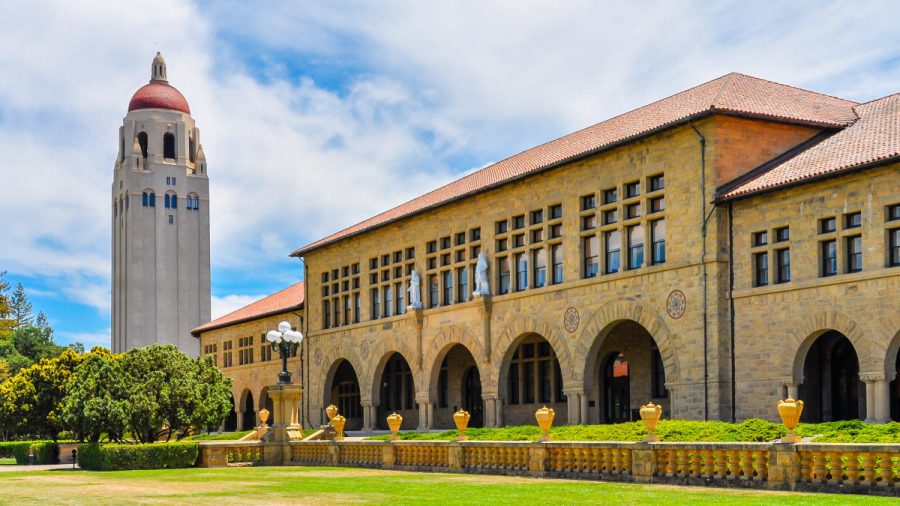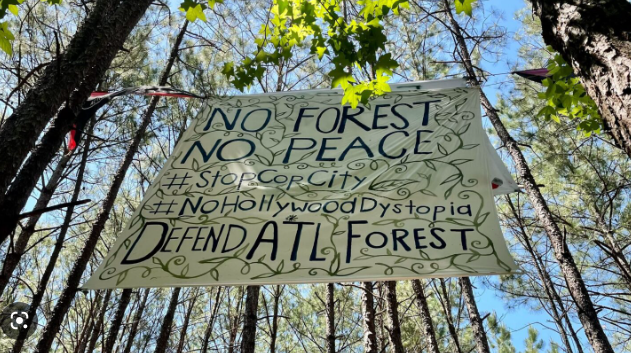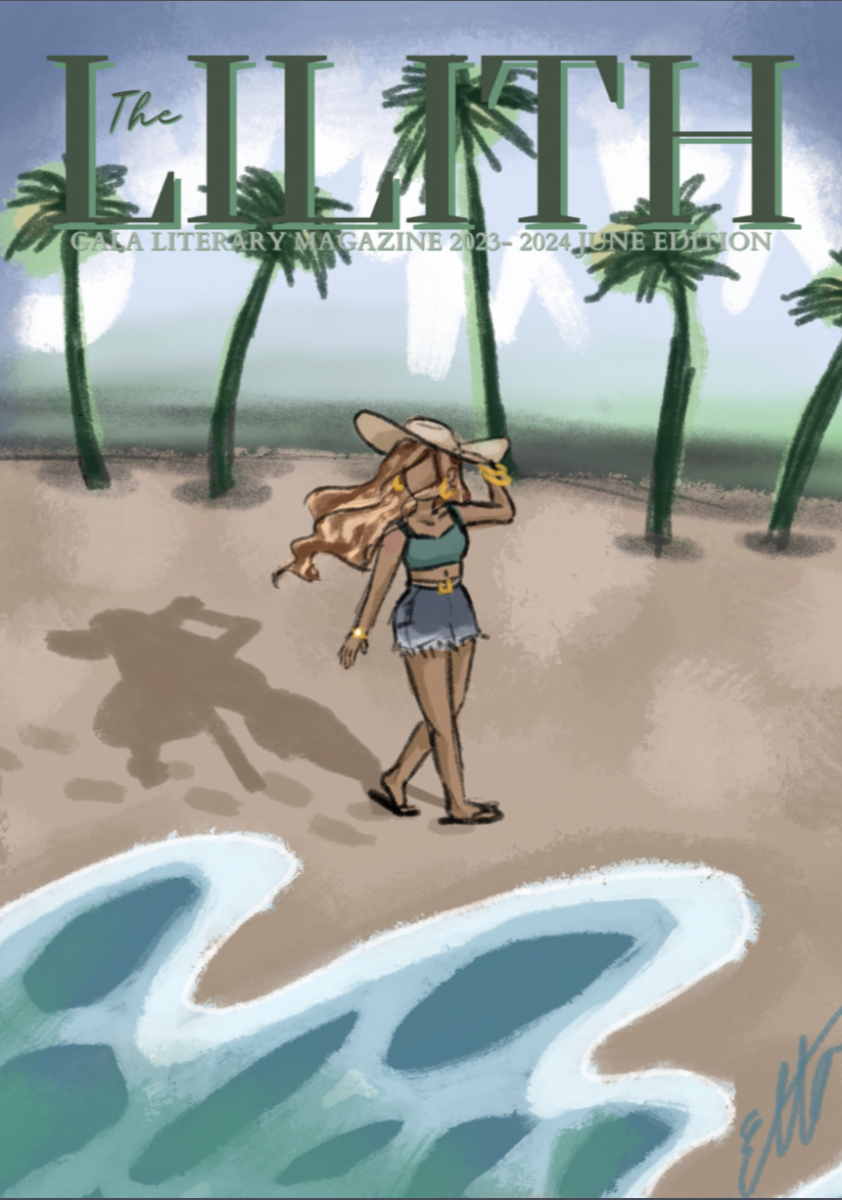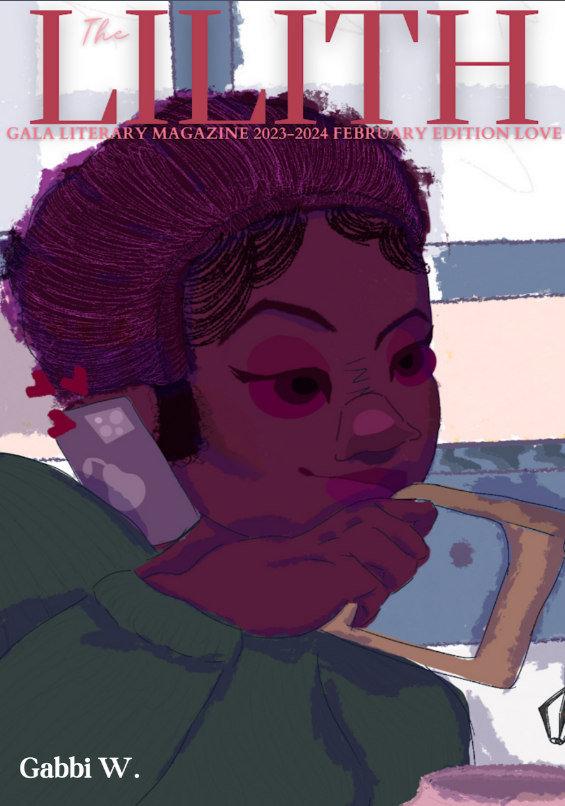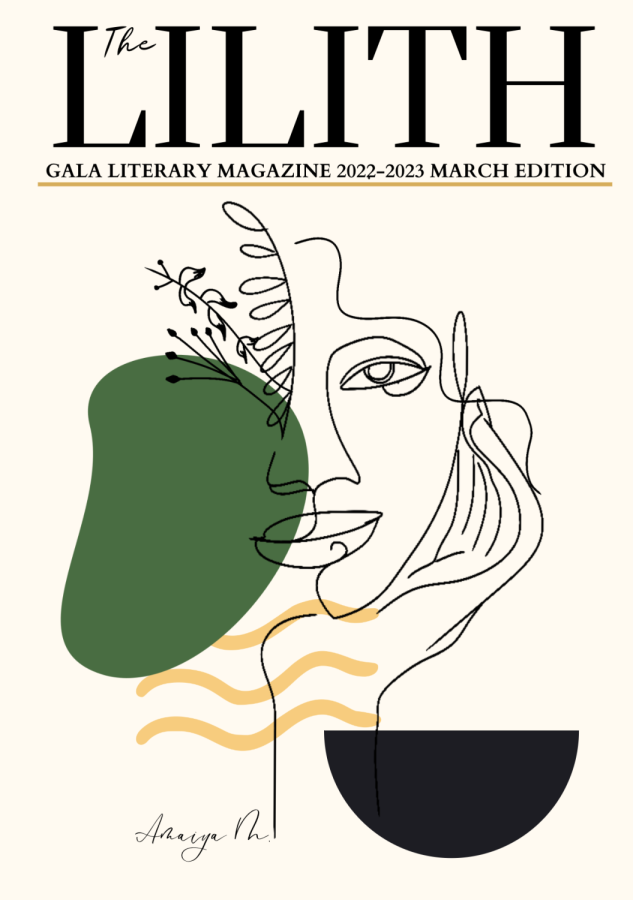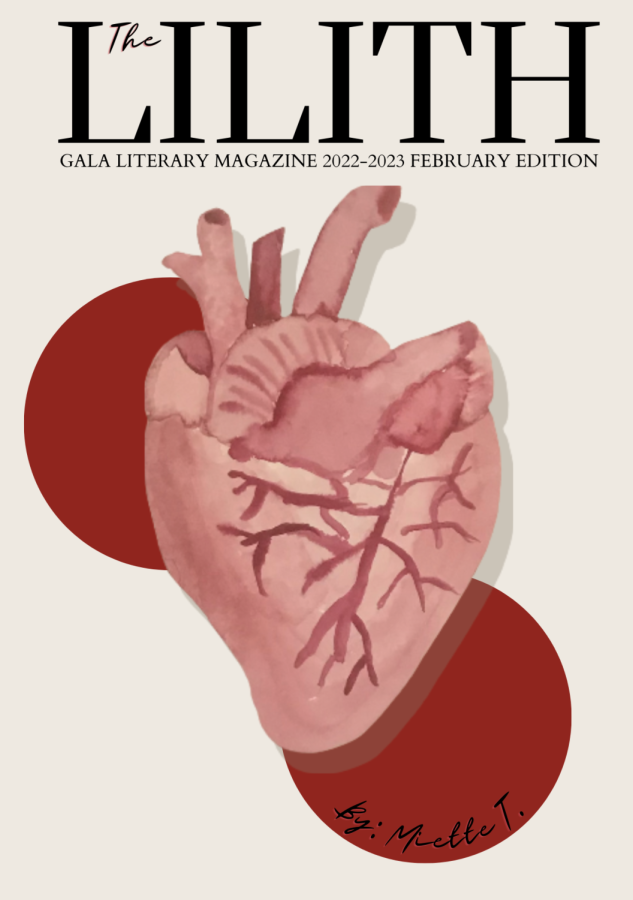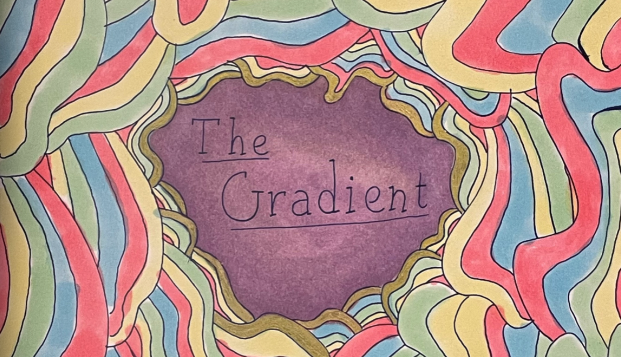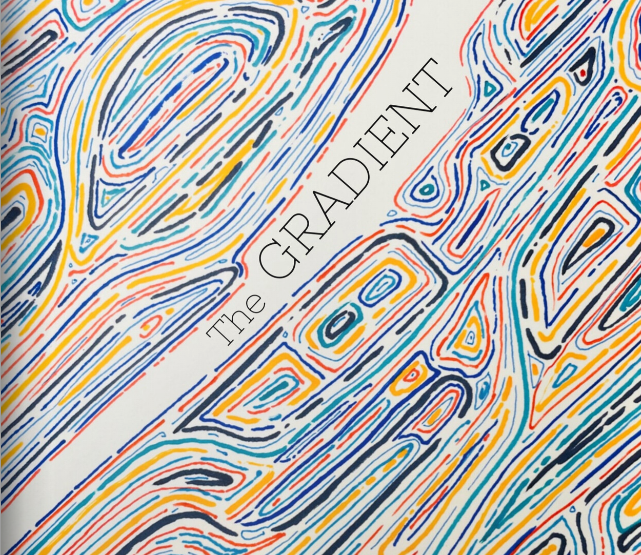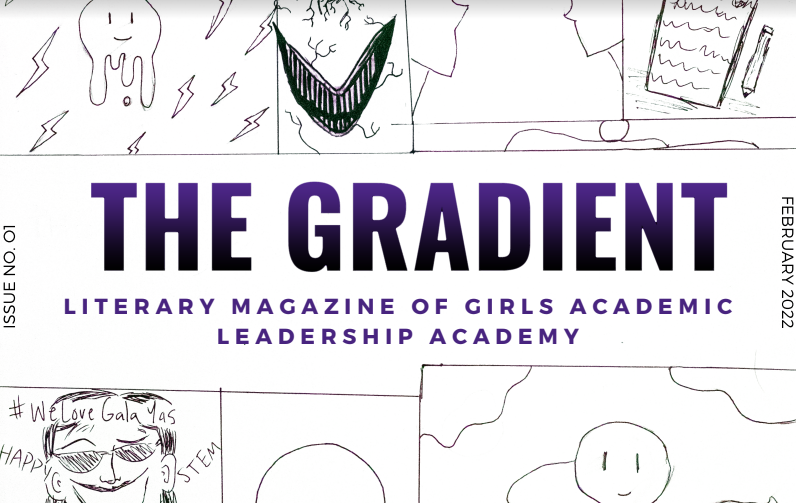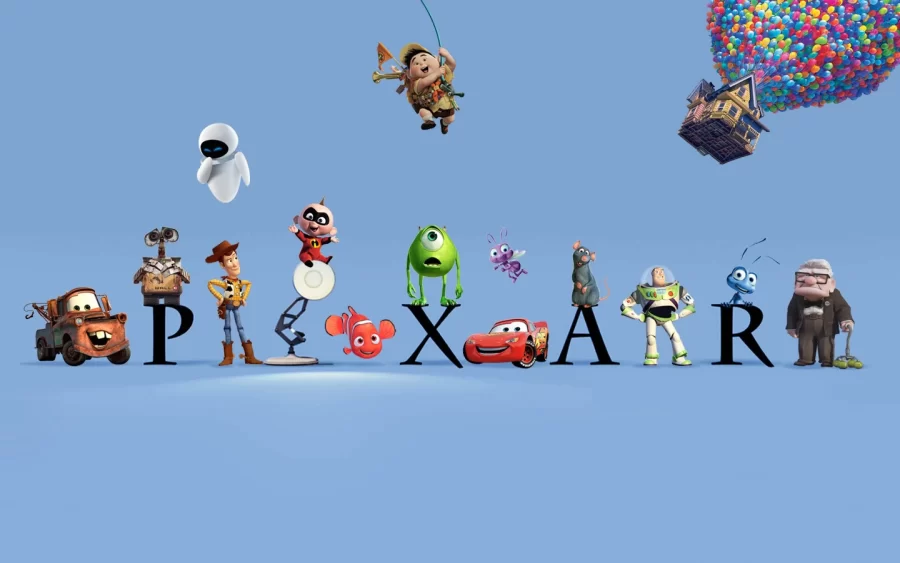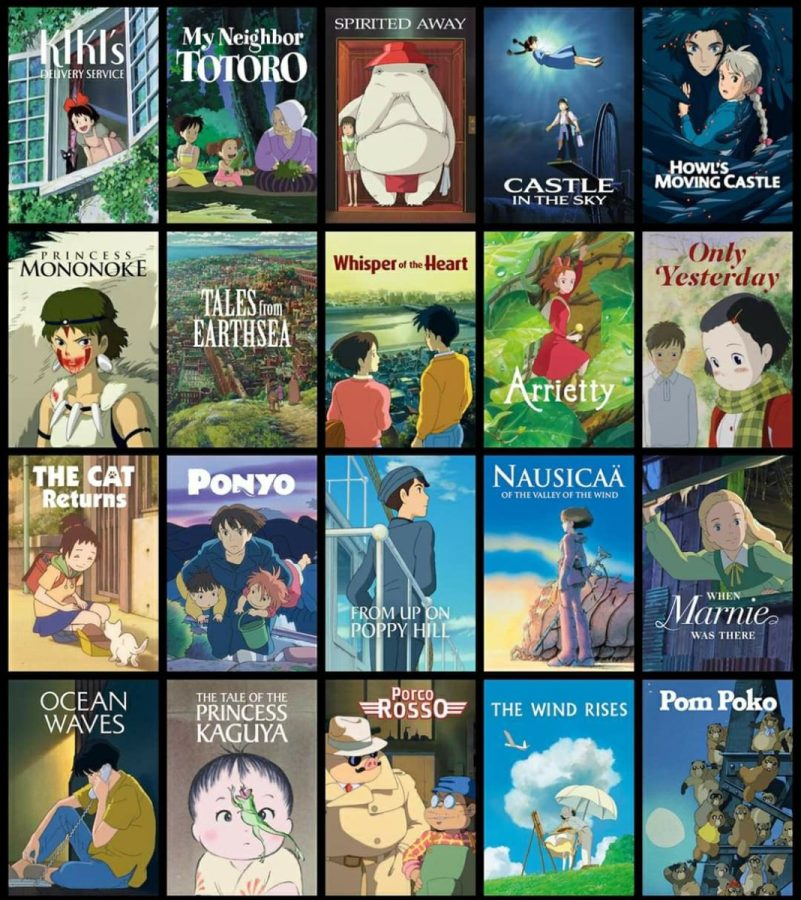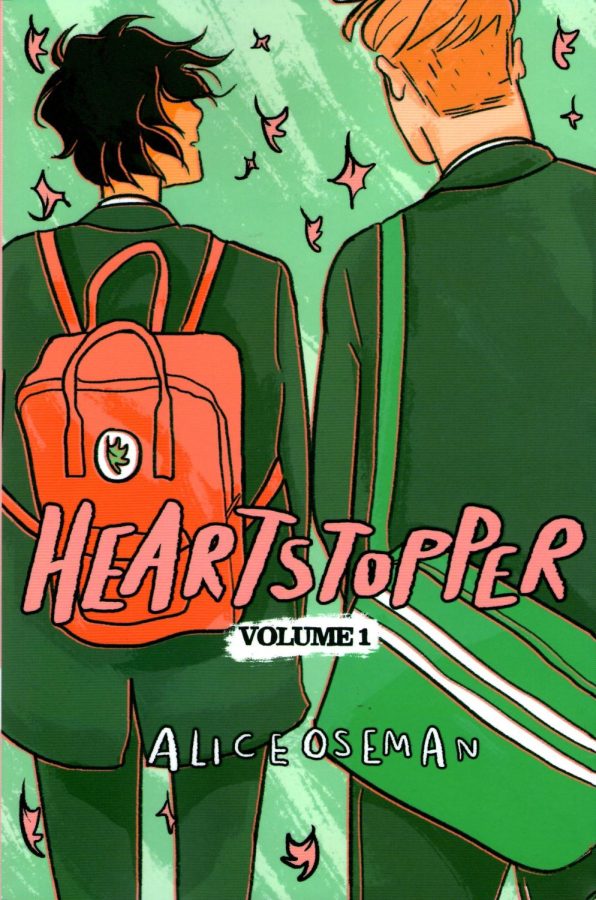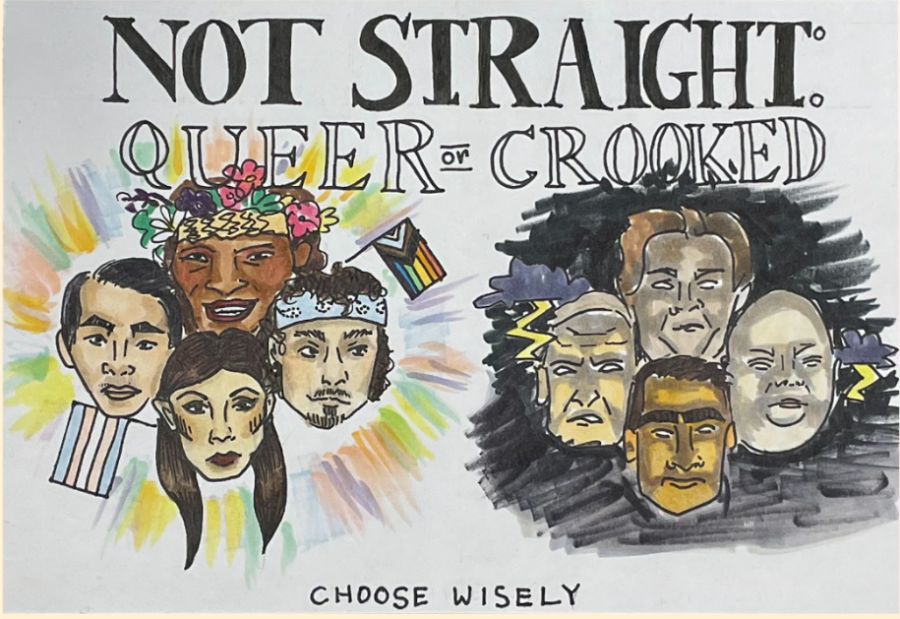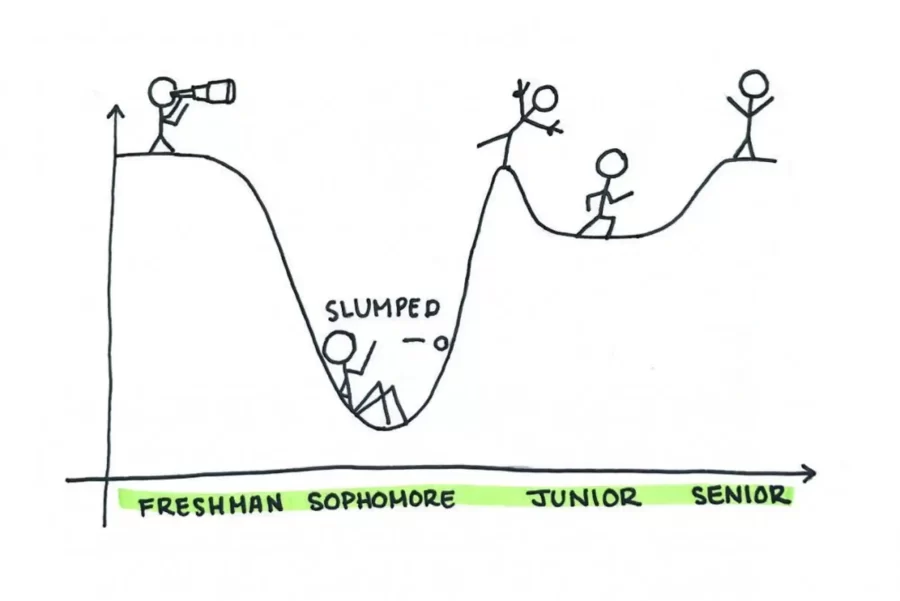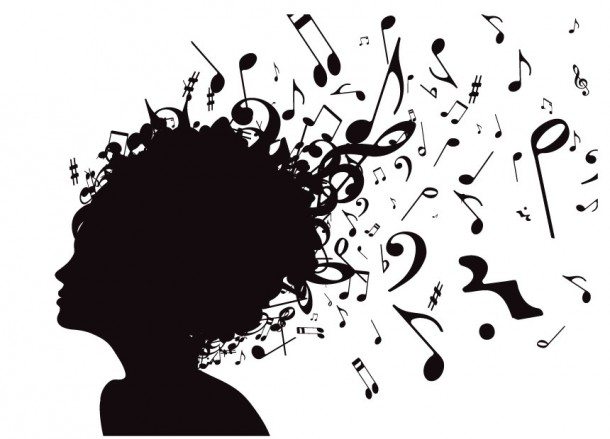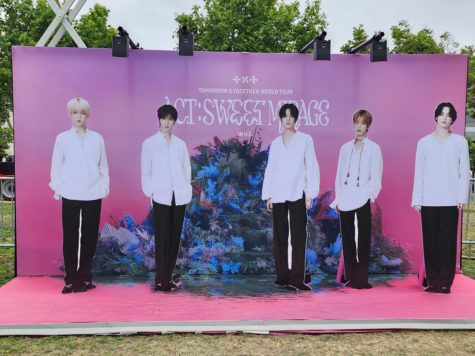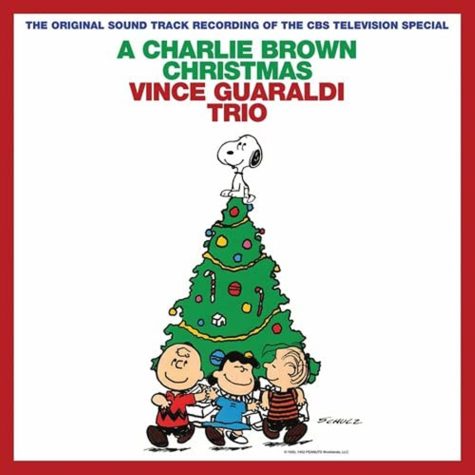Is Our Taste in Music an Instinct or an Acquired Skill?
Have you ever wondered why you like the music you like? Well, musician and musicologist Nolan Gasser wondered the same thing and got to the bottom of it. Gasser was a professional pianist since age 11 and his first gig was taking requests from people at his local mall food court.
He told NBC News, “I had people asking me to play a rather eclectic repertoire — everything from Scott Joplin, Mozart, and ‘Stairway to Heaven’ every single day. It really got me thinking (maybe not in a conscious way at that point) about how varied people’s tastes are, and how people of the same age group could gravitate to different styles of music”. This is what inspired him to research people’s taste in music and write his book, “Why You Like It: The Science and Culture of Musical Taste”.
To understand this question Gasser would examine and dissect various genres of songs to better understand why they appeal to an audience. After receiving his Ph.D. in Musicology from Stanford University he connected with Tim Westergren, one of the founders of Pandora, and became head of the music operation and architect of The Music Genome Project.
Pandora describes the project as, “Our team of trained musicologists has been listening to music across all genres and decades, including emerging artists and new releases, studying and collecting musical details on every track– 450 musical attributes altogether. The result of all our work is a personalized listening experience filled with both old favorites and new discoveries.” Gasser was intending to separate the melodic universe into various species by analyzing the elements that are to some degree dynamic or possibly dynamic in each and every tune.
As a result of this research, Gasser says each song in Pandora has been dissected by a person sitting before a computer screen, sorting all of their music into “genes”. Using this they were able to find connections between songs by the same artist as well as songs from different artists, which helps connect you with new music based on songs you previously listened to.
Gasser also talks about the large role of sociology on your musical taste in his book, “Why You Like It: The Science and Culture of Musical Taste”. He said, “A lot of it has to do with where you grew up and what kind of musical influences are in the air, but we participate in so many subcultures of affinity, just based on what we like. Intercultures provide us with access to music just because you’re a part of a group, and that group means something to you.” That is why you may have similar music tastes as your friends and family.
Gasser also mentions how early musical seeds are planted in our brains. Gasser told NBC News, “Every baby comes equipped to speak any language or make any sound for the hundreds of languages that are out there. Through the first year, especially, it gets more limited. The synapses generated in the brain forge certain sounds and exclude others. There’s something similar that takes place with music. It’s known as ‘inculturation.’ In the first six months or so, babies can actually follow the syntax of any musical style — complex rhythms from Turkey or major scales from Europe. If you play something for a baby a few times and make a slight shift, the baby turns its head at that shift. It recognizes the deviation. The power that we have as infants to process and understand music is extraordinary.”
As we grow our music tastes grow as individuals. “Music becomes that stake in the ground — ‘this is who I am,’” says Gasser. “But at the same time, the music people listened to at an early age becomes their native home comfort music. When they grow up, that music will be part of who they are, tied in with memories and growing up. All of these powers are why music is so important to us.”
Sources
https://www.nbcnews.com/better/lifestyle/musicologist-explains-science-behind-your-taste-music-ncna1018336
https://www.pandora.com/about/mgp
http://www.nolangasser.com/bio




